
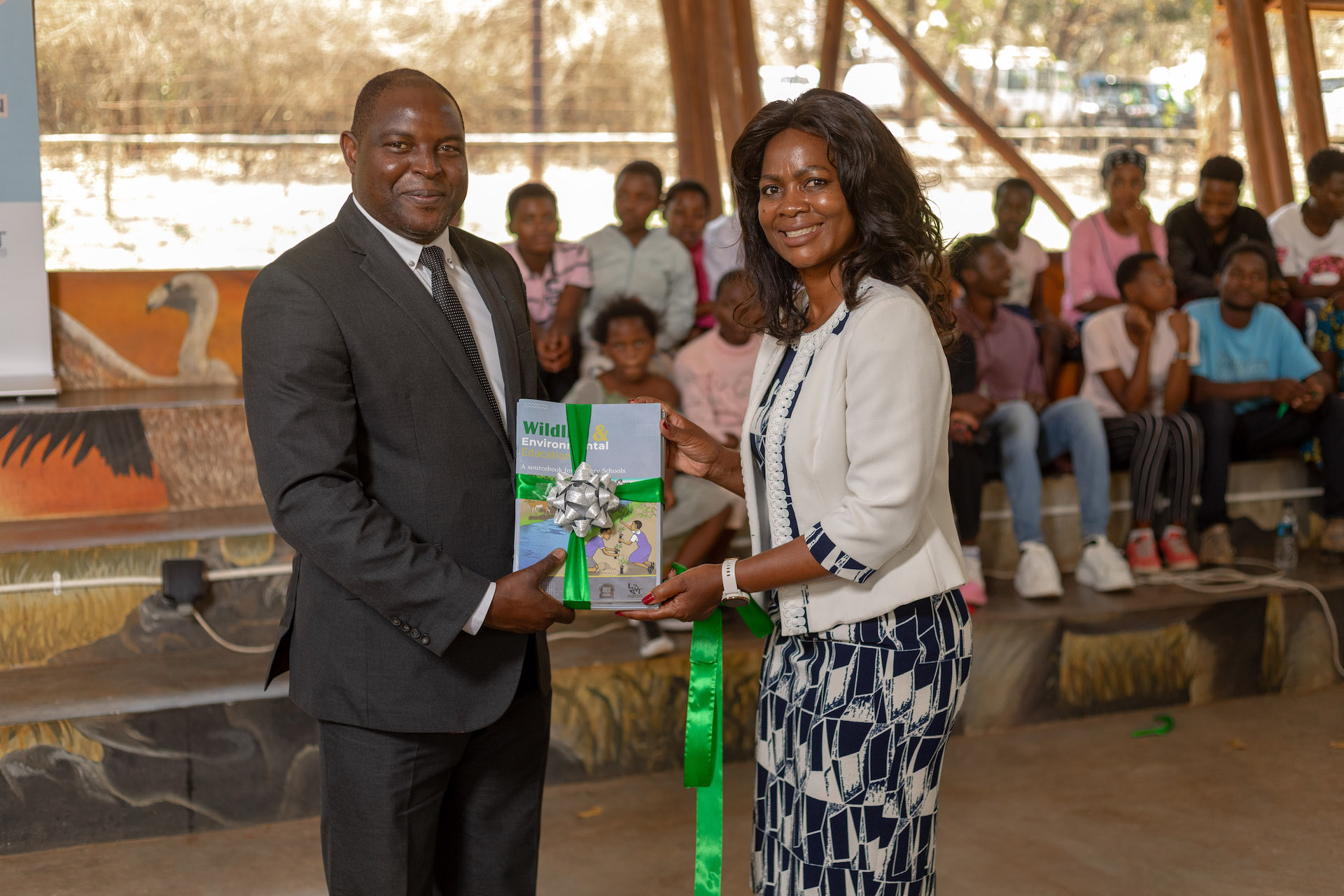
Strengthening Environmental Education in Malawi’s New Curriculum
By Dorothy Tembo-Nhlema, Director of Programmes
Malawi’s national curriculum is undergoing a significant transformation and we’re delighted that environmental education is set to play a crucial role. Since 2022 the Government of Malawi has been leading a comprehensive review of the national curriculum, and recently published a Curriculum and Assessment Framework which covers pre-primary, primary, secondary, and primary teacher education. The framework aims to align Malawi’s education system with national development goals, the best global practices, and the evolving needs of society.

We’ve been working closely with the Government to develop the new Wildlife & Environmental Sourcebook with an aim to integrate into the upcoming national curriculum. We are pleased that the framework makes a number of positive recommendations in relation to environmental education.
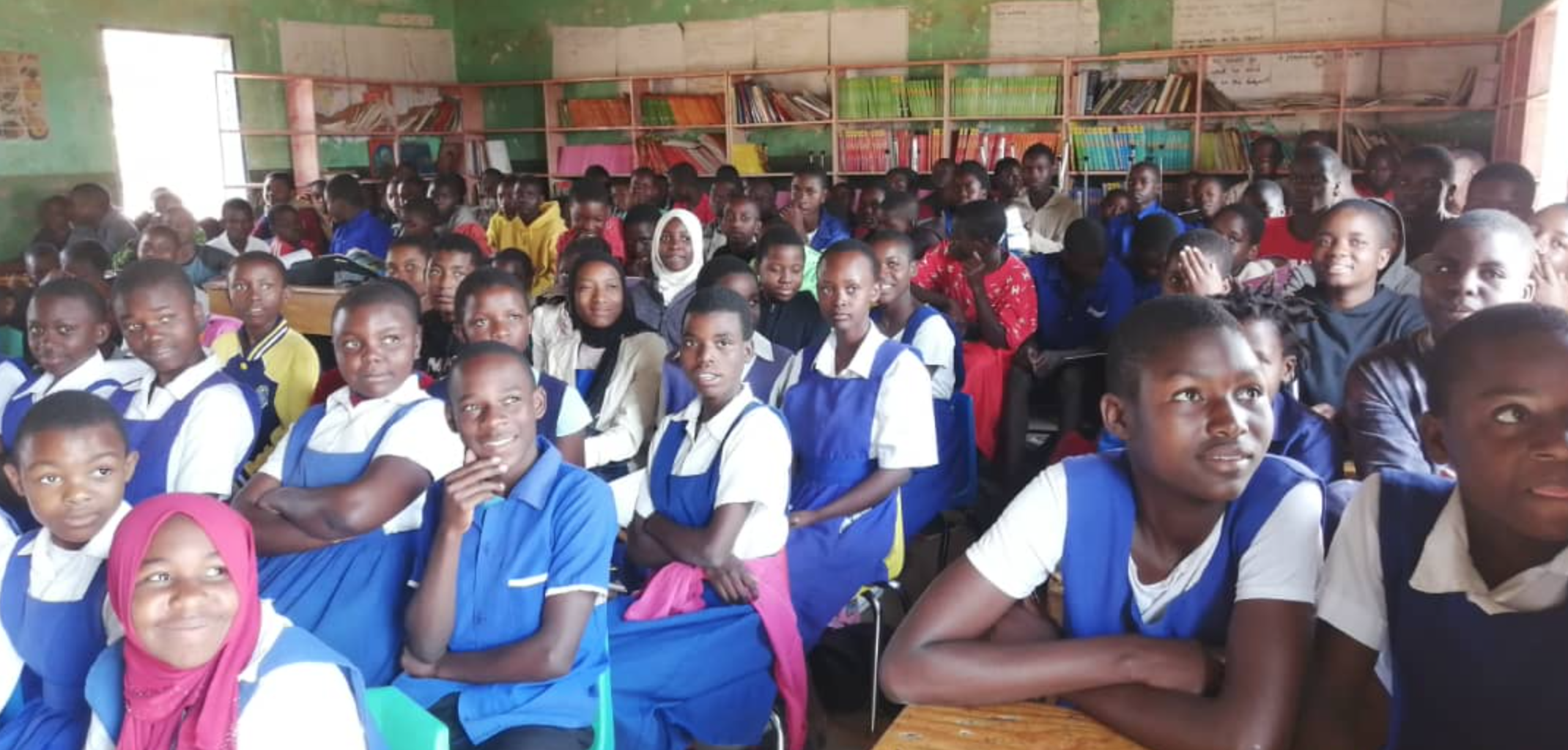
Importantly, the report proposes shifting from an outcome-based model to a competency-based approach. This is particularly positive because it places greater focus on skills such as critical thinking, ethical values, and civic responsibility – and “assesses what learners can do rather than just know, emphasising practical application of knowledge and skills.” The framework underlines the value of environmental stewardship, responsibility, management, and care – this approach will be critical to the protection of Malawi’s fragile ecosystems.
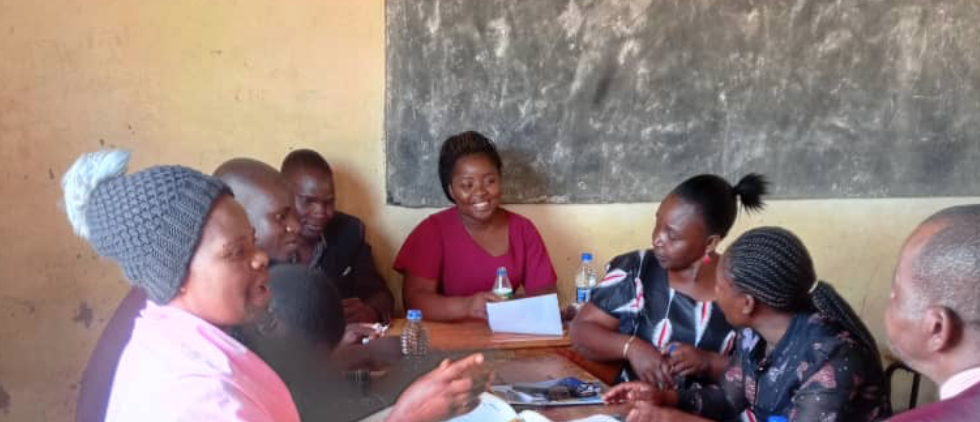
The new framework also emphasises more “active and participatory learning methods”, which are vital to developing the skills needed to realise environmental change. Our own education programme, based at Lilongwe Wildlife Centre, takes a similar approach, founded in immersive, action-oriented learning within a protected nature reserve and conforming to UNESCO’s Global Framework on the Future of Education.
The Government’s new framework is also closely aligned with Malawi 2063, the national, multi-sectoral strategy for achieving middle-income status by 2063. As such, it identifies environmental sustainability – which is one of the ‘key enablers’ in Malawi 2063 – as one of the core ‘cross-cutting issues’ for the new curriculum.
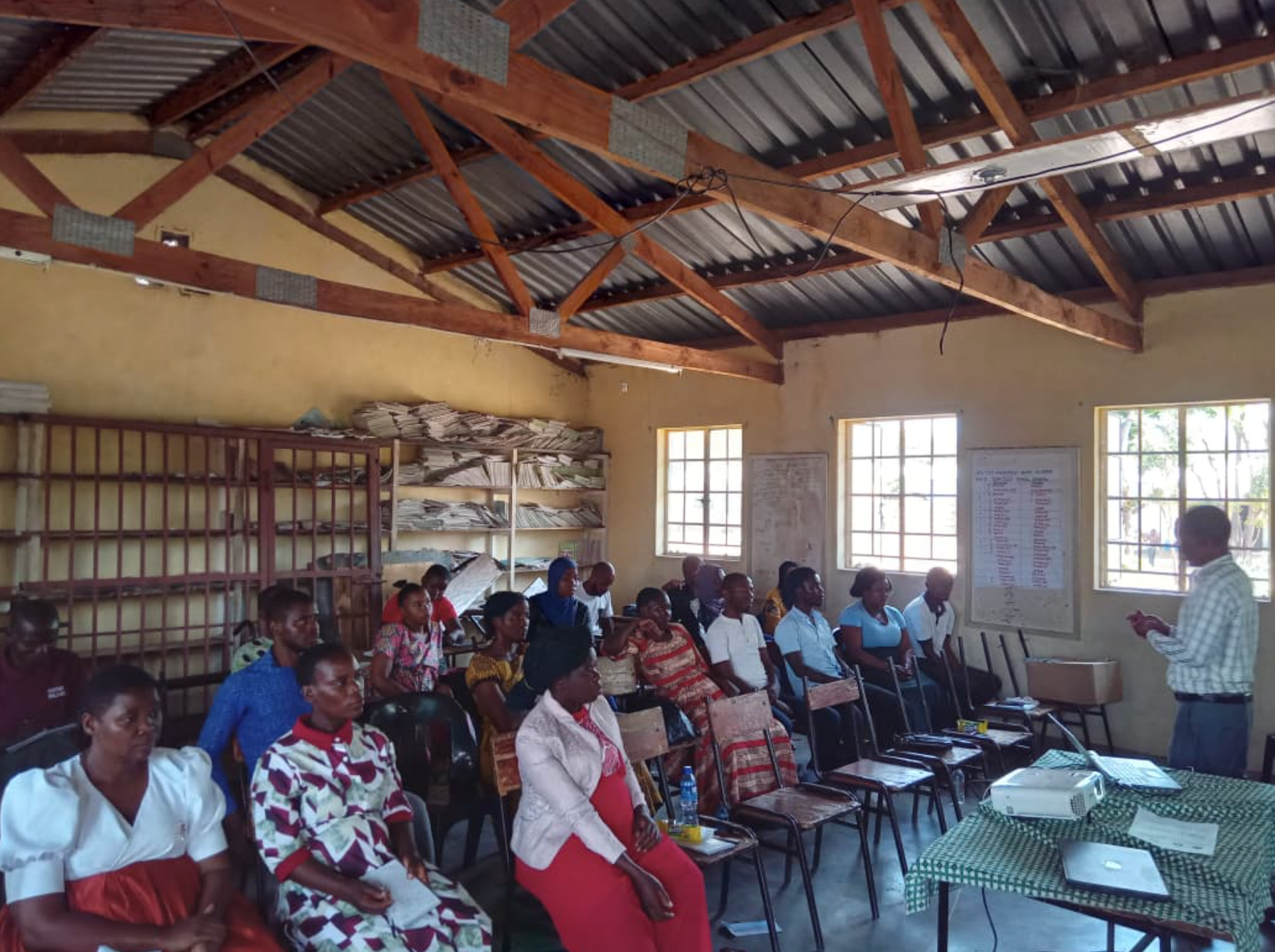
We’re encouraged by the direction of the new national curriculum and will continue to engage with the review and implementation process. Alongside this, we are continuing to distribute the Wildlife & Environmental Sourcebook to more primary schools and train more teachers on how to use it. Translation of the book into Chichewa and Tumbuka is also in progress, as is developing related radio programmes. We continue to appreciate our partnership with the Ministry of Basic and Secondary Education and Malawi Institute of Education, and are excited to support the new curriculum development.
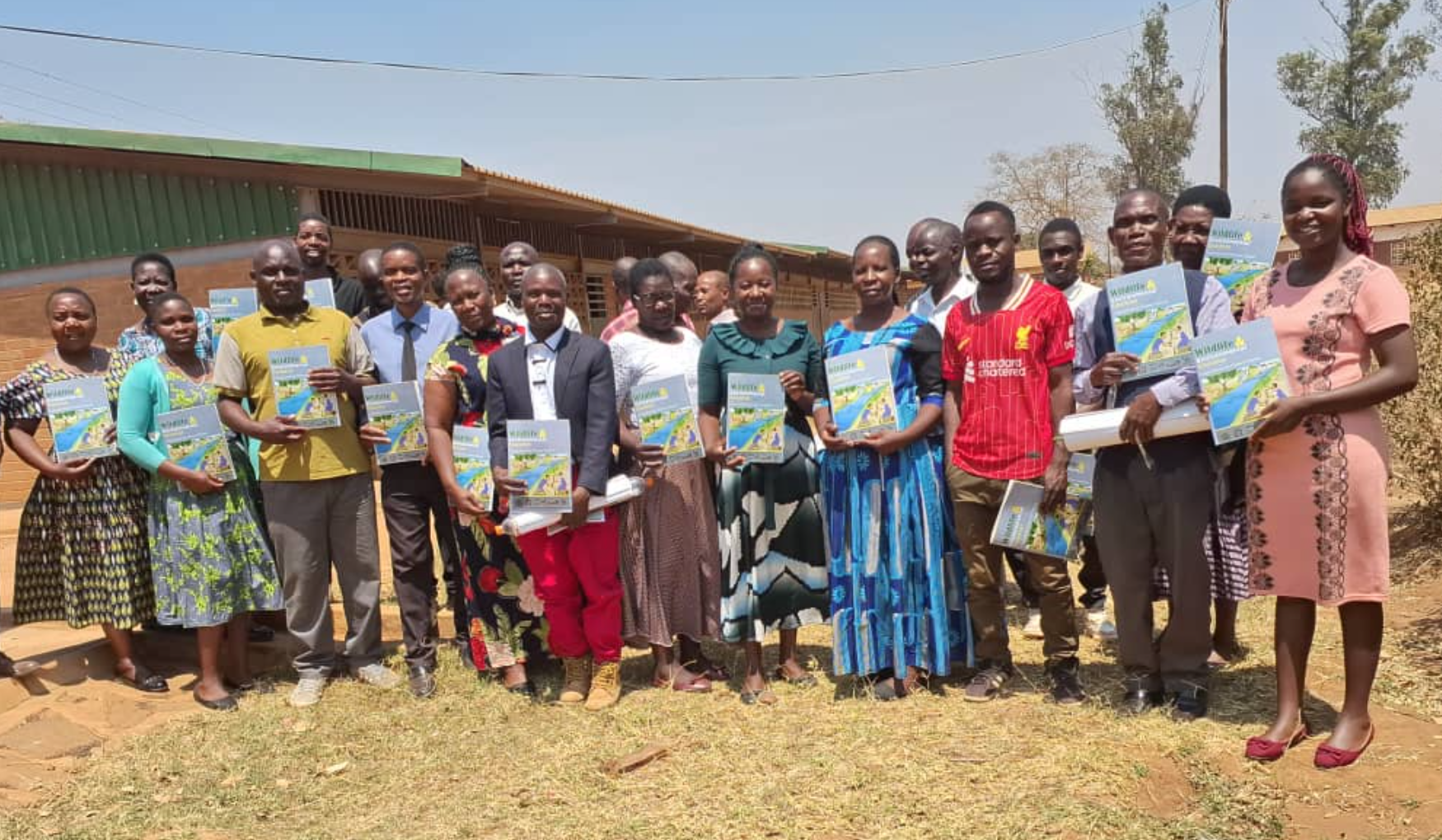
Together, these steps are embedding environmental education into Malawi’s education system and inspiring the next generation of conservationists.










